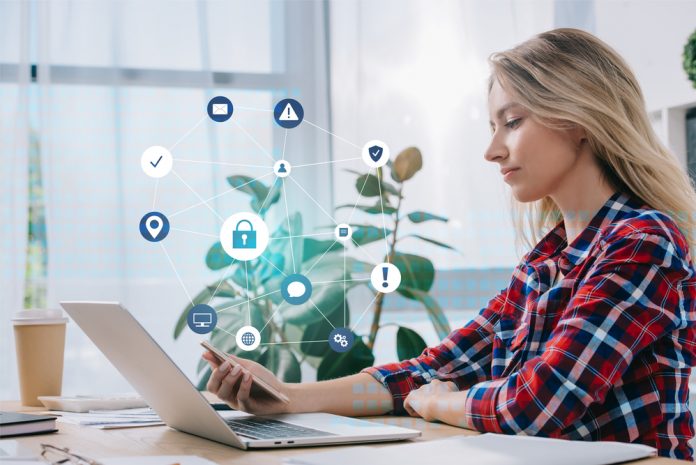Hillary Clinton may have put private email on the map for the wrong reasons, but we are so glad she did. Email is the #1-way hackers steal data, send malware, and ruin lives. You don’t have to be a big business, famous politician, or rich to set up a free private email account. We put together our top 3 tips to help you switch over and finally prevent cybercriminals from targeting you and your loved ones.
Tip #1: Do Your Research
Not all private email is created equal and the last thing you want to do is sign up for a private email account that only offers basic security but falls short for your needs.
Some Things to Consider:
Look for a private email account that offers end-to-end encryption. This basically means your text will appear scrambled so no one can read it. Non-private servers only encrypt data as it goes from your computer to their servers. Unless you trust that the encryption keys are not being used by public servers to read your mail and that these keys are protected from hackers. Based on stats, without end-to-end encryption, your content is not secure.
Two-factor authentication is another extra layer of protection you can add to your email account. By having two things that you use to protect your account the threat of being hacked is greatly diminished. The general rule of thumb here is to use something you know and something physical. Today the most common form of this is a one-time code sent by SMS or a two-factor authenticator app.
How much access does your email provider have over your data? The less access and knowledge the better. In the public server system, companies have access and employees can easily steal and sell your private information. In a private email construct, this should be impossible as employees only see encrypted info as it gets encrypted before it’s sent to the servers.
New Email Address vs Old Ones:
When your email is hacked, like it is for tens of millions of people every year, your first instinct may be to open a new account and run. There is a lot of wisdom, however, in keeping but protecting your old email address. First, this is very convenient. Nothing is worse than having to contact everyone you know and ask for their email or other contact info because you have been hacked. This is especially true for businesses who may have thousands of customer emails at risk.
Tip #2: Check All of Their Security Certifications
Are they certified? An SSL Certificate is a must when it comes to real security. This is because the certificates are designed to authenticate and protect your emails. This ensures that no one can read it as it signs email and email messages digitally so no person or robot can read it. This is a great first step, but more and more companies are realizing this isn’t enough. Recently some weak points have been found on SSL, that is why companies, like EPRIVO, offer digital security with separation or physical security as well.
This innovation involves separating the data in the cloud using complex algorithms. What is so unique about this, is that no single provider can see all of your content. This is the ultimate sender-controlled email security.
Tip #3: Voice and Text Options
Some private email providers now offer voice emailing. This technology is available now and offers the following features to maintain your private email account security:
- Private voice messages can’t be saved
- You can listen to them at any time from your device
- Like text, these have strong privacy controls
Expert Advice: Make sure your private email account permanently deletes sent emails. This means no one can find, use, or have access to anything you send, unlike public servers who have access to anything because it is all archived.
Takeaway
Having a free private email account is a clear choice for anyone who wants real data security. Email is the main way that cyber criminals choose to attack. To protect yourself make sure the private email provider you choose permanently deletes all messages, offers voice and text email that can always be recalled and never saved. SSL certificates are important, but without physical security, SSL is still open to hackers. Encryption should always be end-to-end, no matter where your emails are they can’t be read without a key and two-way authentication.
Find a Home-Based Business to Start-Up >>> Hundreds of Business Listings.

















































